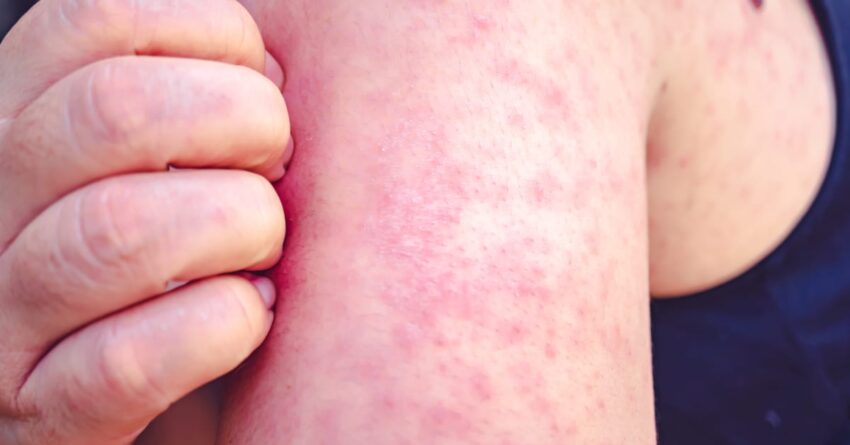What to Know About the 2024 Measles Outbreak

Philadelphia is currently the center of a measles outbreak that has affected several children in the area over the past month. What began as a single case at the Children’s Hospital of Philadelphia has become a concerning trend in recent weeks as eight people and counting have been diagnosed with the disease.
A child who’d recently spent time in another country was admitted to the Children’s Hospital with an infection that was later identified as measles. Two other people who were hospitalized there for other reasons were then infected. It was a parent and a child, and according to The Philadelphia Inquirer, the child had not been vaccinated against the disease, while the parent refused medication often given to unvaccinated people that can prevent infection after exposure to measles.
After this infection, the child was sent to day care on Dec. 20 and 21 despite being instructed to quarantine, according to the Philadelphia Department of Public Health. Four more people were infected at the daycare facility, resulting in four more hospitalizations in connection with the outbreak. The health department reported that none of the people in the city who’ve been diagnosed were immune to measles, meaning they either never got a measles-mumps-rubella (MMR) vaccine or had not contracted the disease in the past.
Measles is highly contagious once a person is infected. According to the CDC, someone can infect up to 90 percent of the people close to them if those contacts don’t have some sort of immunity. Infected people can remain contagious four roughly eight days, both before and after the rash first appears.
Dr. Paul Offit, director of the Vaccine Education Center at the Children’s Hospital of Philadelphia, believes that outbreaks such as these are a result of declining vaccination rates, specifically when it comes to children receiving the MMR vaccine.
“Measles is the most contagious of the vaccine-preventable diseases, so when you lower immunization rates, that’s the first disease to come back,” he told NBC News. He also noted that one doesn’t even have to come into contact with an infected person to contract the disease.
“People falsely think that you’re only going to get measles if you come in direct contact with somebody who has measles. That’s not true,” he said. “It’s these very fine, aerosolized droplets which contain measles that hang in the air like a ghost. And until they settle, you’re at risk.”


